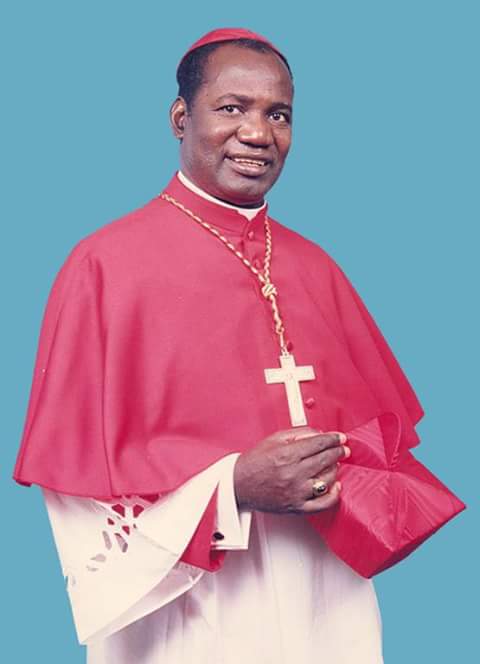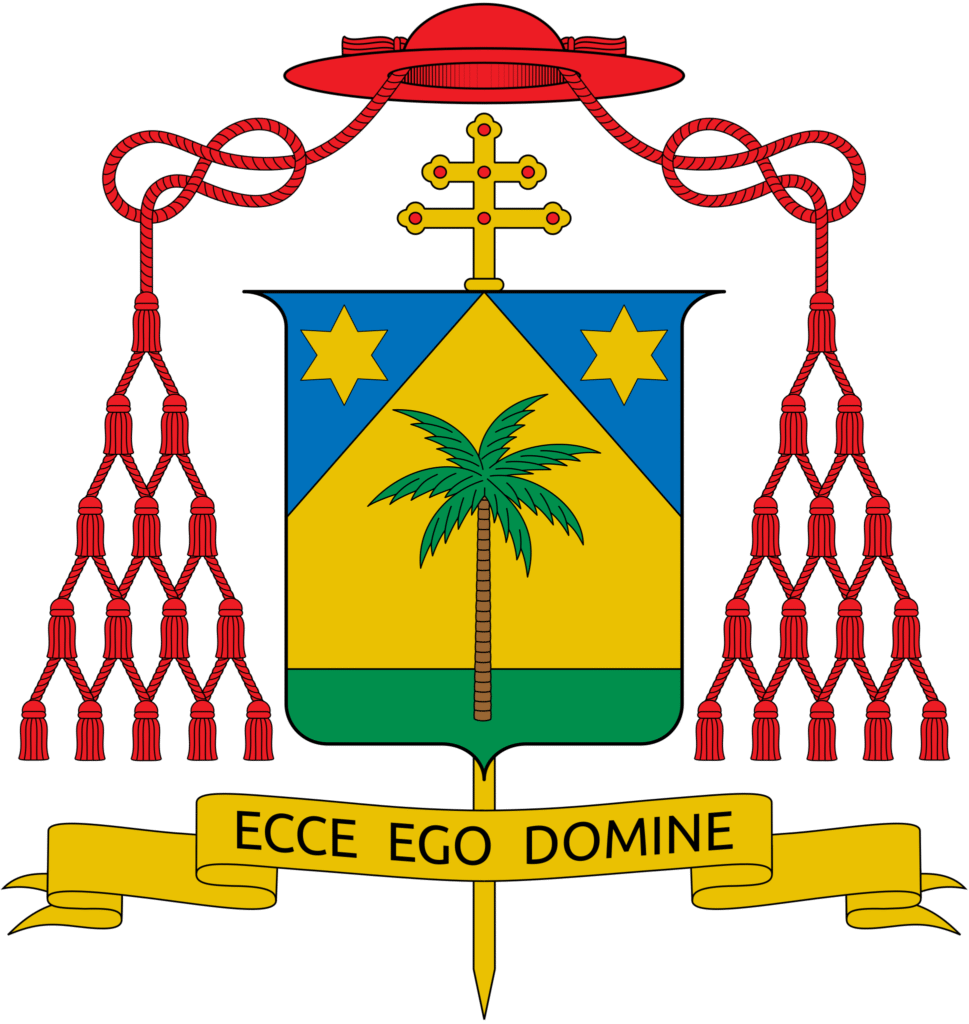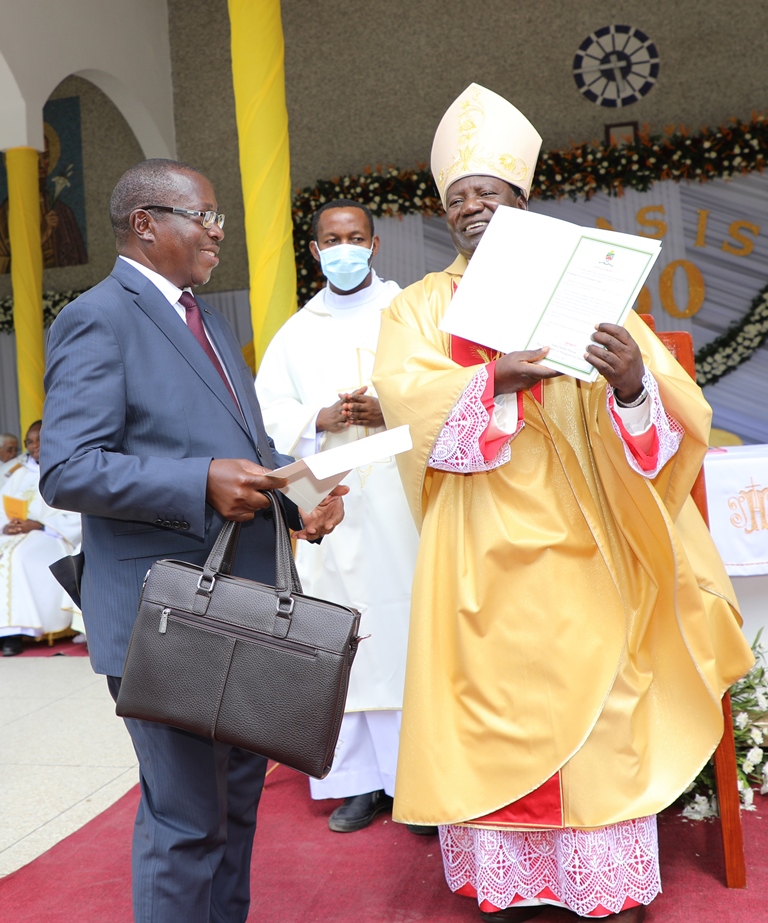Get to know Archbishop Emeritus Cardinal pengo



Early Life & Formation
-
Born on August 5, 1944,
-
Attended minor seminary in Kibosho (Kilimanjaro) before entering Kipalapala Major Seminary (Tabora) for philosophy and theology.
-
Due to a shortage of theology professors in Tanzania, he completed his studies at St. Paul’s National Seminary in Kinyamasika, Uganda.
-
Ordained a priest on June 20, 1971, for the Diocese of Sumbawanga.
Advanced Studies & Early Career
-
Sent to Rome for further studies, earning a Licentiate (1975) and Doctorate in Canon Law (1977) from the Pontifical Urbaniana University.
-
Served as a professor and formator at Kipalapala Seminary before being appointed Bishop of Nachingwea (1983).
-
Within a year, his diocese was merged into Tunduru-Masasi (1984), where he served until 1986.
Archbishop of Dar-es-Salaam (1992–2019)
-
Appointed Archbishop of Dar-es-Salaam (Tanzania’s largest diocese) in 1992, succeeding Cardinal Laurean Rugambwa (Africa’s first cardinal).
-
Oversaw rapid growth of the Church, establishing new parishes, schools, and healthcare centers.
-
Emphasized catechesis and lay formation, promoting Small Christian Communities (SCCs) as a model for evangelization.
-
Known for his strong, sometimes authoritarian leadership style, which drew both admiration and criticism.
Cardinalate (1998) & Vatican Influence
-
Elevated to Cardinal by Pope John Paul II in 1998, becoming Tanzania’s second cardinal after Rugambwa.
-
Key Vatican Roles:
-
Member of Congregation for the Evangelization of Peoples (Propaganda Fide).
-
Served on the Pontifical Council for Interreligious Dialogue.
-
Participated in the 2005 and 2013 conclaves (elected Benedict XVI and Francis).
-
-
President of SECAM (Symposium of Episcopal Conferences of Africa and Madagascar, 2003–2007), advocating for African solutions to African problems in the Church.
Controversies & Challenges
-
Criticized for financial mismanagement in the Archdiocese of Dar-es-Salaam, including disputes over church property sales.
-
Clashed with some clergy and laity over his centralized leadership style.
-
Opposed liberal trends in the Church, strongly defending traditional Catholic teachings on marriage, contraception, and priestly celibacy.
Interfaith & Social Justice Efforts
-
Promoted Christian-Muslim dialogue in Tanzania, a country with a significant Muslim population.
-
Advocated for good governance and anti-corruption measures, occasionally criticizing government policies.
-
Supported HIV/AIDS education but upheld Church teaching against condom use.
Retirement & Legacy
-
Retired as Archbishop of Dar-es-Salaam in 2019 at age 75, succeeded by Archbishop Jude Thadaeus Ruwa’ichi.
-
Remains a respected elder statesman in the African Church, though less active in Vatican affairs.
-
Legacy:
-
Strengthened the institutional Church in Tanzania.
-
Promoted African Catholicism while resisting secularizing influences.
-
Influenced a generation of Tanzanian priests and bishops.
-
Quotes & Notable Statements
-
On African Christianity: “The Church in Africa must be self-reliant, not dependent on foreign aid.”
-
On Church Discipline: “We must remain faithful to the teachings of Christ, even when the world pressures us to change.”


